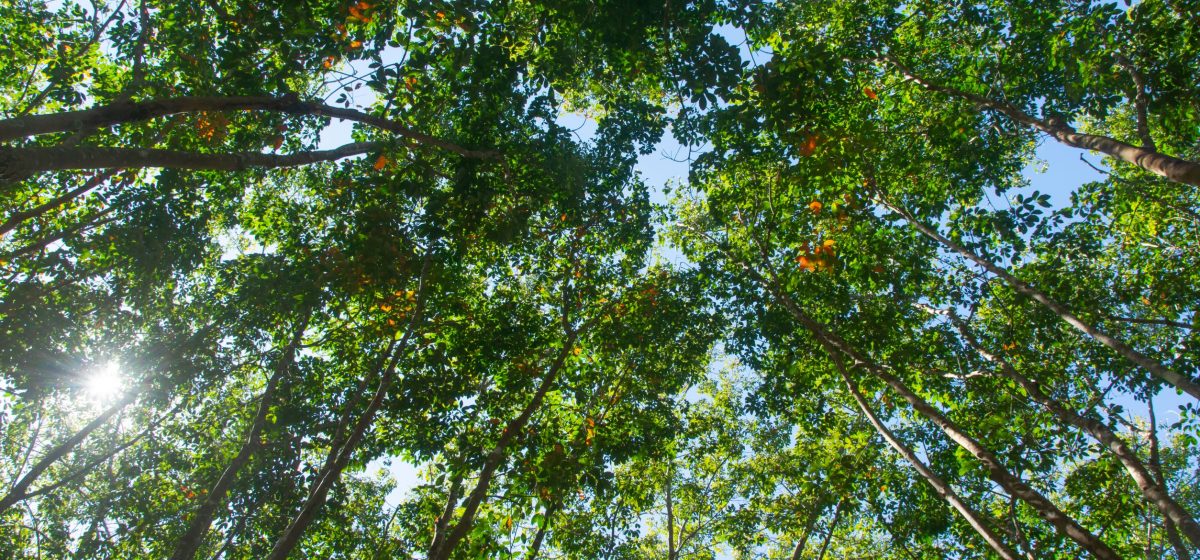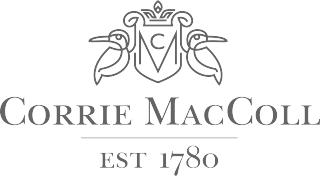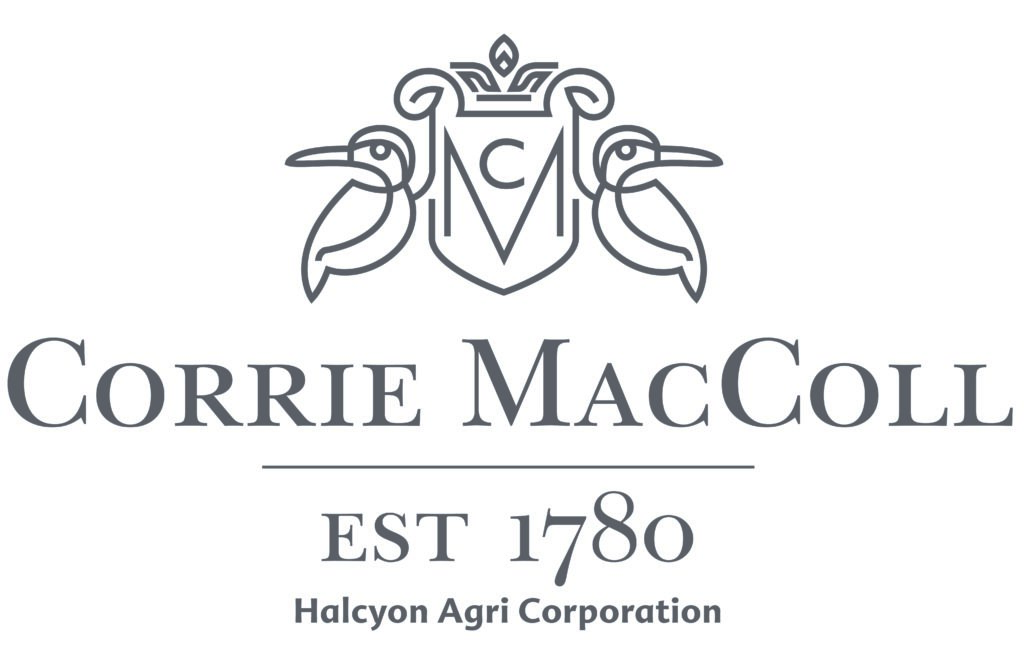Inaugural Review of the Sustainability KPIs for our Sustainability-Linked Loan with Deutsche Bank

This document highlights the key points from the summary of the inaugural review of our sustainability performance, in connection to our USD 25 million sustainability-linked loan facility provided by Deutsche Bank. The loan finances the capex investments for our rubber plantations in Cameroon and Malaysia, and is uniquely structured such that it incentivises environmentally and socially sustainable economic activities.
The loan structure aligns its terms to relevant predetermined Sustainability Performance Targets (SPTs). An independent environmental and sustainability consulting firm, Environmental Resources Management (ERM) was appointed by Deutsche Bank to support the process of setting the SPTs, as well as reviewing the achievement of predetermined SPTs. Having determined ambitious sustainability KPIs and targets in July 2020, the progress of the KPIs and targets are assessed annually over the three-year transaction period. This report summarises ERM’s key findings on our sustainability performance in relation to the established targets at the end of the first assessment period.
To meet the targets, we have worked with several environmental and social consultants, and NGOs.
To view each of the KPIs set for the first assessment period, please view the Overview of the Sustainability Linked Loan Framework here.
Deutsche Bank has been closely working with Halcyon Agri and Environmental Resources Management (ERM) to review the progress made against the agreed KPIs during the first monitoring period (2022-2021) of the loan. We have valued an open and constructive dialogue amongst all parties during this process, and we have very much welcomed Halycon’s transparent approach in this process. While COVID disruption impacted some project timelines, overall the company made very good progress towards its KPIs during the first monitoring period. We will continue to stay closely engaged with Halycon and ERM on continued KPIs monitoring in 2022-2023.
– Viktoriya Brand, Head of Group Sustainability, Deutsche Bank
The agreed KPIs were an operational challenge for us which was made greater this year by Covid. Our success in hitting these KPIs is the result of the hard work of our teams, the constructive support of Deutsche Bank, and the committed engagement of stakeholders. I am pleased to see third parties validate our commitments to no deforestation and transparency which is important as we continue to drive our sustainable development. We look forward to year two.
– Lee Chestnutt, CEO, Corrie MacColl Plantations
Review of Annual Performance:
ERM is a global consulting firm providing environmental, health, safety, risk consulting and sustainability related services. ERM has been appointed by Deutsche Bank as an independent consultant to support the annual review of Halcyon Agri’s performance against sustainability KPIs agreed under the loan contract (‘the Assignment’). The assignment covered the following tasks: i) review of the respective documentation submitted by Halcyon Agri, and ii) interviews with relevant Halcyon Agri employees to confirm how the performance metrics data are calculated and reported.
ERM has assisted Deutsche Bank in reviewing Halcyon Agri’s annual sustainability performance during the first assessment period of the loan. We would like to thank both Deutsche Bank and Halcyon Agri team for their time, cooperation and support in conducting the review. Although the Covid-19 pandemic has brought unprecedented challenges to some Halcyon Agri’s respective KPIs, the company generally has been able to show good progress towards its predefined sustainability performance targets in 2020-2021.
Some of the key findings from ERM's results are summarised below:
KPI
SPOTT and Ecovadis Scoring
Summary of results for the 1st assessment period between July 2020 and July 2021.
- For SPOTT, Halcyon Agri was awarded first place among all rubber companies with a score of 77.7%, and achieved scores above 70% for most categories.
- Halcyon Agri achieved the target >”5% increase over the 2019 score of EcoVadis rating for 2020 assessment”. Based on the Scorecard provided, the EcoVadis Score for 2020 assessment is 68/100, while the EcoVadis Score for 2019 assessment was 55/100. Halcyon Agri has achieved a 13% increase.
Zero Deforestation Monitoring
- CMC committed to No Deforestation in December 2018 whereby they have committed to not clear any further forest land. CMC engaged MapHubs, an independent satellite imagery service, to verify the deforestation status between June 2020 and June 2021 inside Sudcam, Hevecam and JFL. The report details the methodology used for monitoring and verifying deforestation status. MapHubs analysed deforestation by reviewing Planet quarterly image from Dec 2019-May 2020 to identify remaining forest and compared it against a June 2021 Planet monthly mosaic and Sentinel-2/Landsat medium resolution imagery. The results of the report demonstrate that CMC has upheld their commitment to No Deforestation over that period. There were few cases of smallholder deforestation on subsistence basis recorded in the estates. CMC representatives will continue to engage with local communities to emphasize the benefits of no deforestation. CMC aligns with the GPSNR definition of deforestation- Loss of natural forest as a result of: i) conversion to agriculture or other non-forest land use; ii) conversion to a tree plantation; or iii) severe and sustained degradation.
Community / Stakeholder Engagement Programme
- The Social Action Plan details a 5 year investment plan developed with local NGOs to address surrounding communities’ grievances. The plan benefits the indigenous communities of the Bagyeli (Hevecam) and Baka (Sudcam). This includes access to water, medical care and donation of medicines, educational support, protection of biodiversity, access to energy, and access to housing to name a few. According to the review, the implementation of Priority 1 and 2 measures are well on track. CMC has completed 25 out of 50 measures in Hevecam, per end of the 1st reporting cycle. Reports are provided by the local NGOs monitoring the implementation of the plans. An example of the reports can be found here.
- A preliminary Stakeholder Engagement Plan (SEP) has been developed which is the first action of a two phase plan. The second part of the SEP will be finalized and reviewed by end of 2021.
Development of an Integrated Pest Management Plan & Reduction of Chemical Pesticide Use per ha
- CMC has developed an Integrated Pest Management Policy for Hevecam and Sudcam. The Policy requires the consideration of physical and cultural control prior to the application of pesticides, and where pesticides application cannot be avoided, they should be selected and applied in a way that minimise adverse effects on humans and the environment.
- Hevecam was unable to meet the target of >6% annual reduction due to a widespread outbreak of white root disease. Data was submitted for as confirmation of the outbreak. Sudcam and the JFL estates successfully met their targets by reducing their chemical use per ha by 38% and 40% respectively. CMC initiated discussions with a 3rd party to explore the use of an organic-based system to improve soil condition and uptake of plant micro-nutrients. It is expected that a trial will be conducted within the second assessment period.
Effluent Discharge Reduction
- The feasibility of a zero-effluent discharge process in Hevecam, similar to Sudcam factory, was investigated and concluded not to be viable at this time. Actions were taken to reduce the effluent discharge levels:(a) In light of new technology, a second feasibility study on a replacement zero-effluent discharge process is currently underway- results expected by end of Q1 2022. (b) Concurrently, an action plan has been developed to instil permanent upgrades to the existing process should the second feasibility study prove unviable at this time. While further assessments are made for alternative improvements.
- Sudcam has successfully met the target of zero effluent discharge well before the deadline of the end of the second assessment period. 6-monthly water tests on rivers and lakes are conducted around the concession. The results show no contamination.



